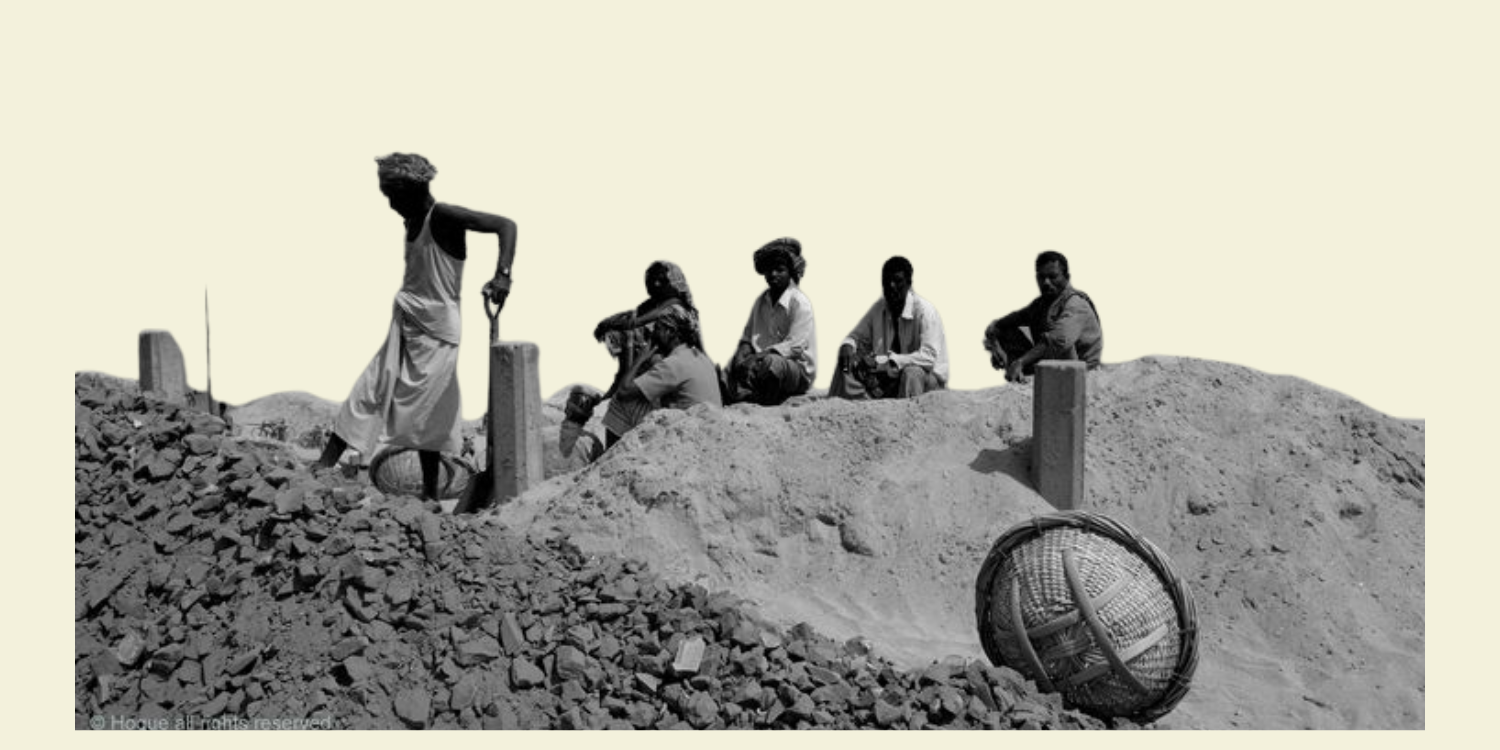ABSTRACT
For more than six decades now, Nagaland has been under the Armed Forces Special Powers Act [AFSPA] 1958. Despite the violence and impunity, the act grants the security forces, it is still in force. To bring peace to the region the Framework Agreement was signed in 2015 between the Government of India and the National Socialist Council of Nagaland (I-M). However, the peace process in Nagaland has hit a roadblock due to the violence in the Mon district in December 2021. This bloodshed has shed light on the Naga people’s struggles under AFSPA. The demand to revoke the Act has been renewed following the latest incident in December. This paper will discuss the current trends and the possibility of revoking AFSPA, taking into account other North-eastern states and what we can learn from them.
Keywords: AFSPA, Nagaland, insurgency, North-East, Mizoram, Peace process
INTRODUCTION
On 4 December 2021, the Indian Army’s 21 Para Special Forces opened fire on a civilian truck, carrying mostly coal miners, in Nagaland’s Mon district (Shantha, 2021). The security forces killed fourteen civilians, claiming they had acted on a tip-off on the movement of insurgents. The death of the miners led to violent clashes between the locals and military troops, further slaying seven civilians and a soldier. The Army and the Ministry of Home Affairs [MHA] profoundly regretted the incident as a case of “mistaken identity and “intelligence failure” (Choudhury, 2021). The incident led to demonstrations and acts of non-cooperation against the security forces by members of the Konyak Civil Society. Acts of non-cooperation included no participation in recruitment rallies, acceptance of any packages/assistance from the armed forces, and cutting off of public relations with the armed forces (Nath, 2021).





